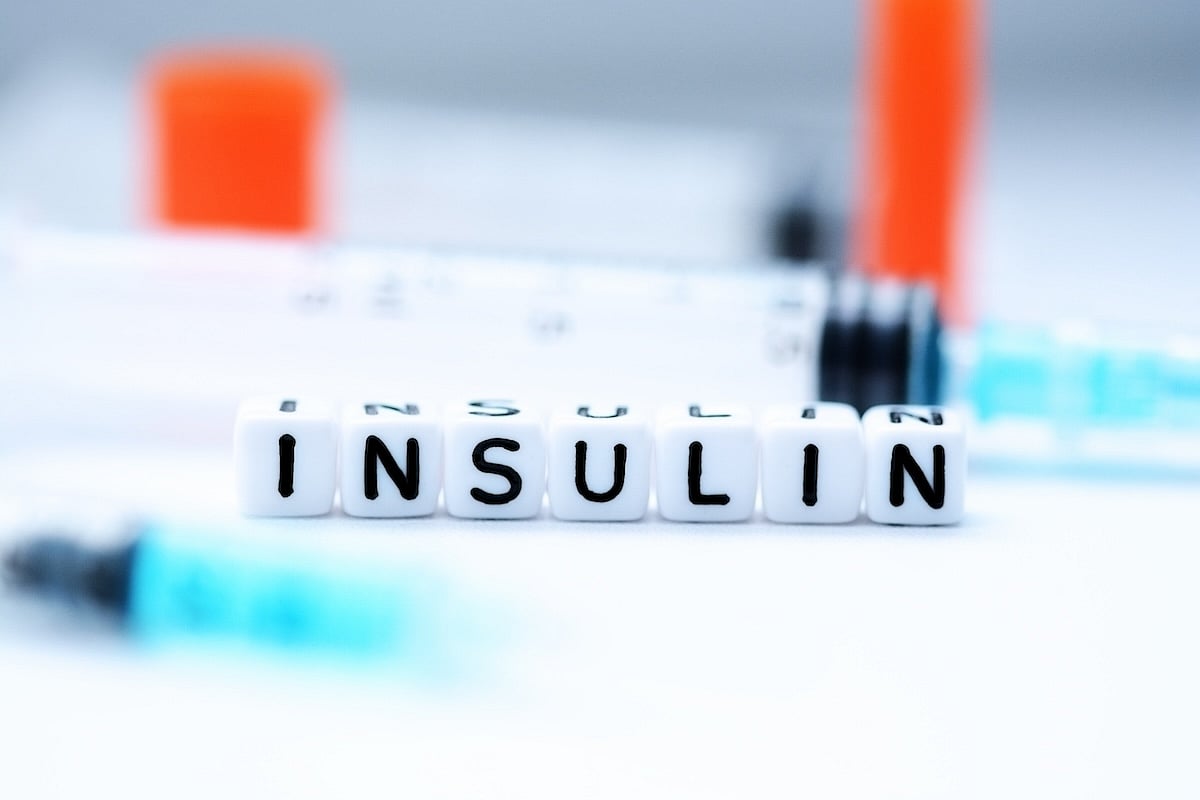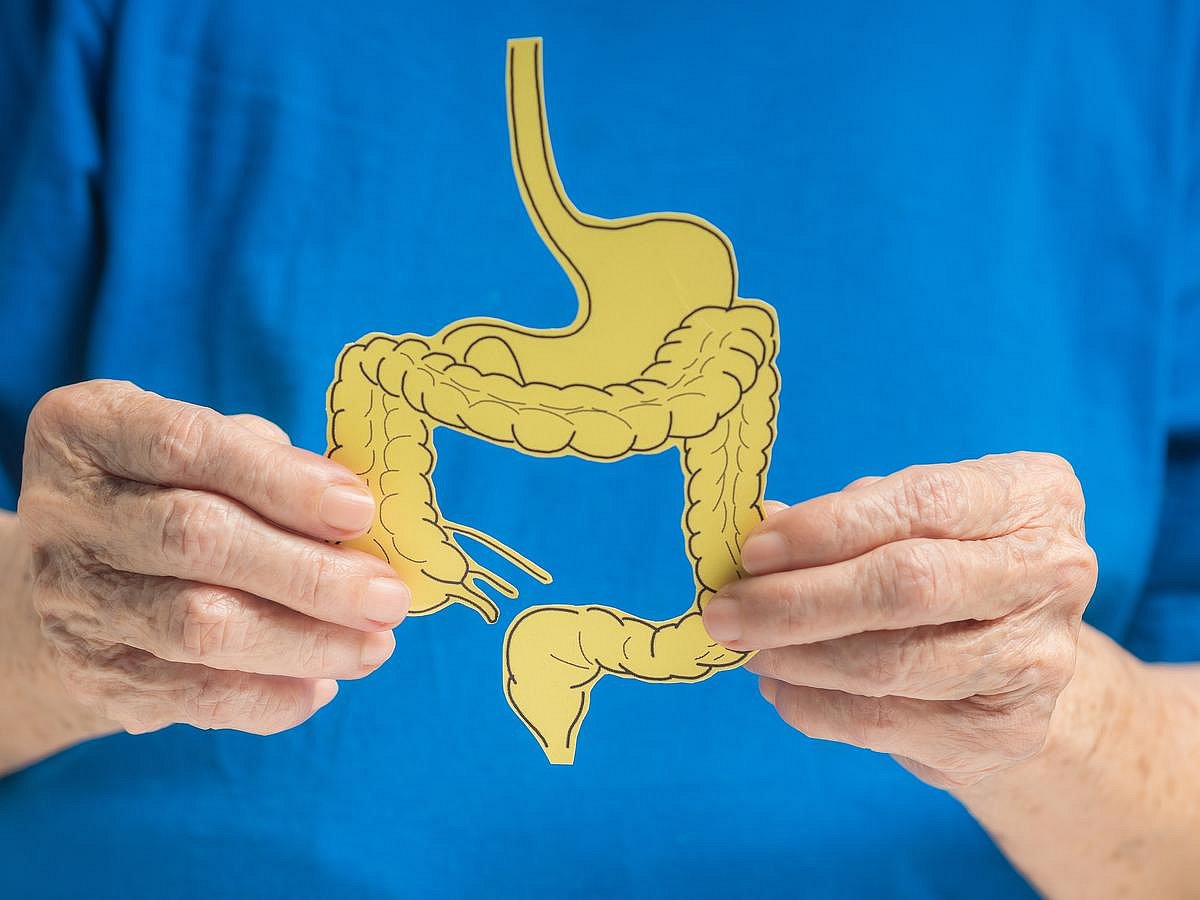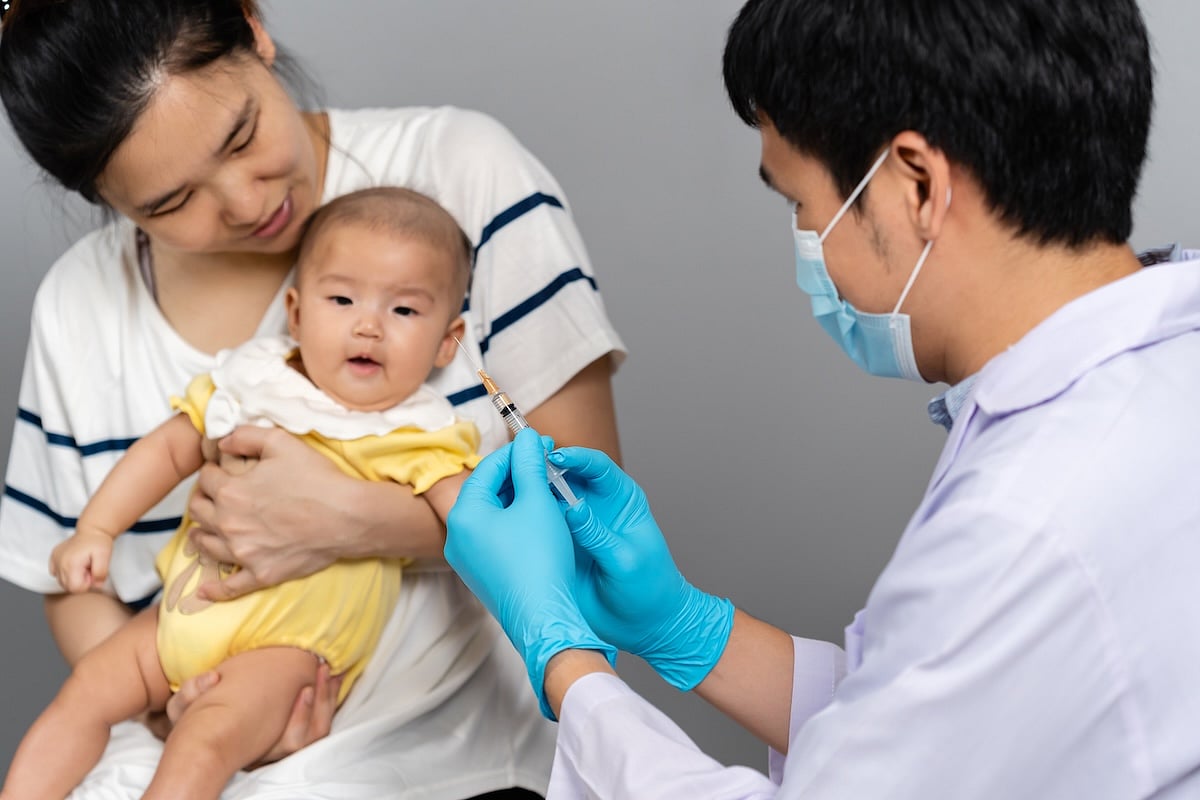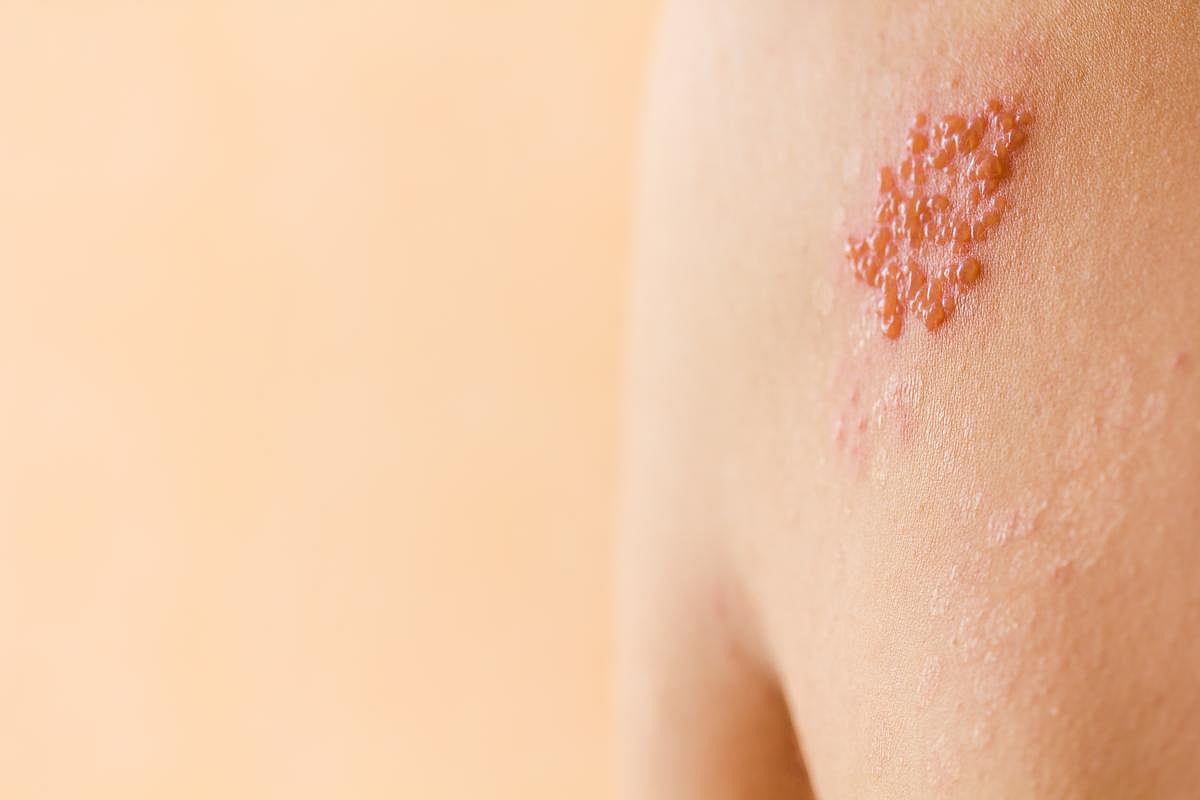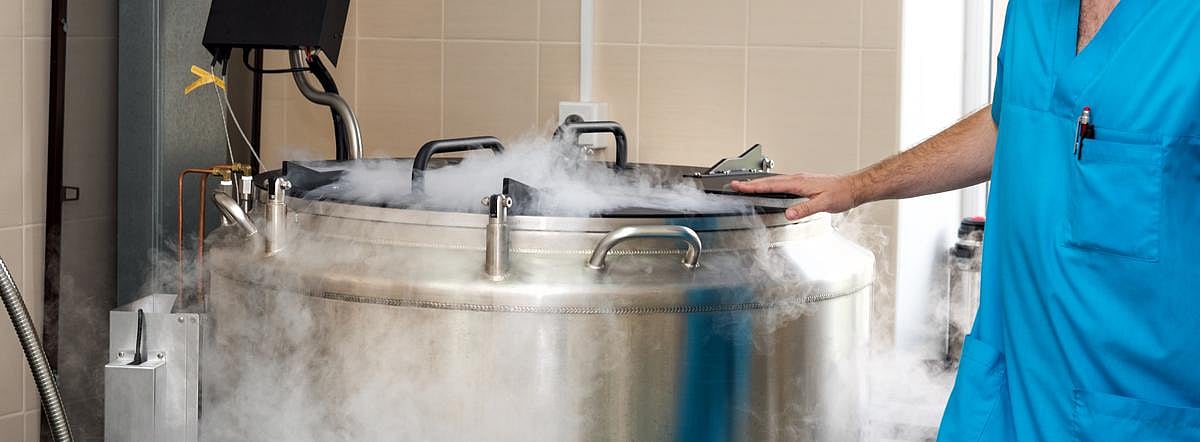
The Trump administration announced that Boston-based drugmaker EMD Serono will lower the price of one of its leading fertility drugs as part of push to make in vitro fertilization (IVF) more affordable. The company’s drug GONAL-F, which helps stimulate ovulation, will soon be available at a discount through TrumpRx, a federal website expected to launch… read on > read on >










